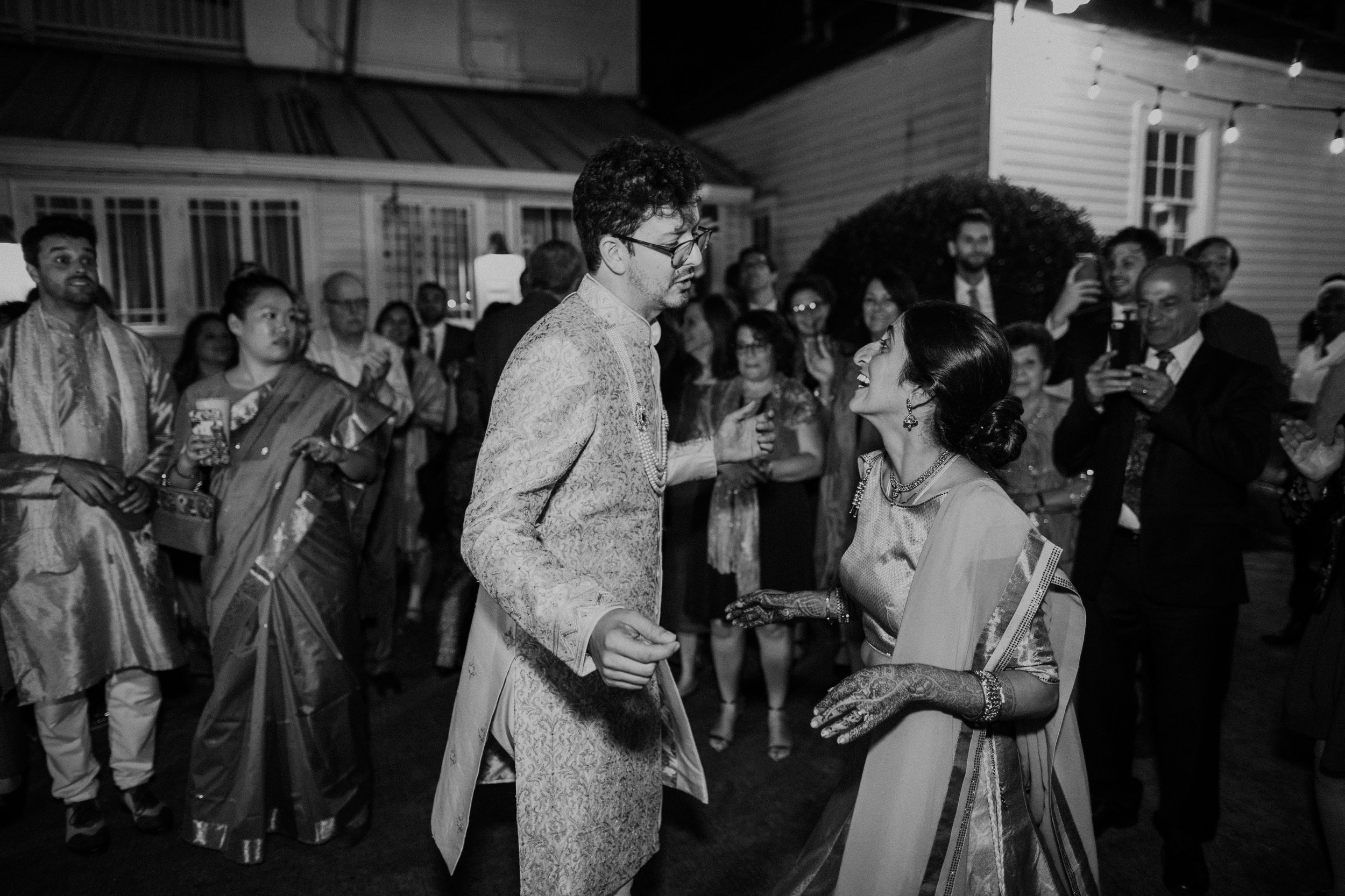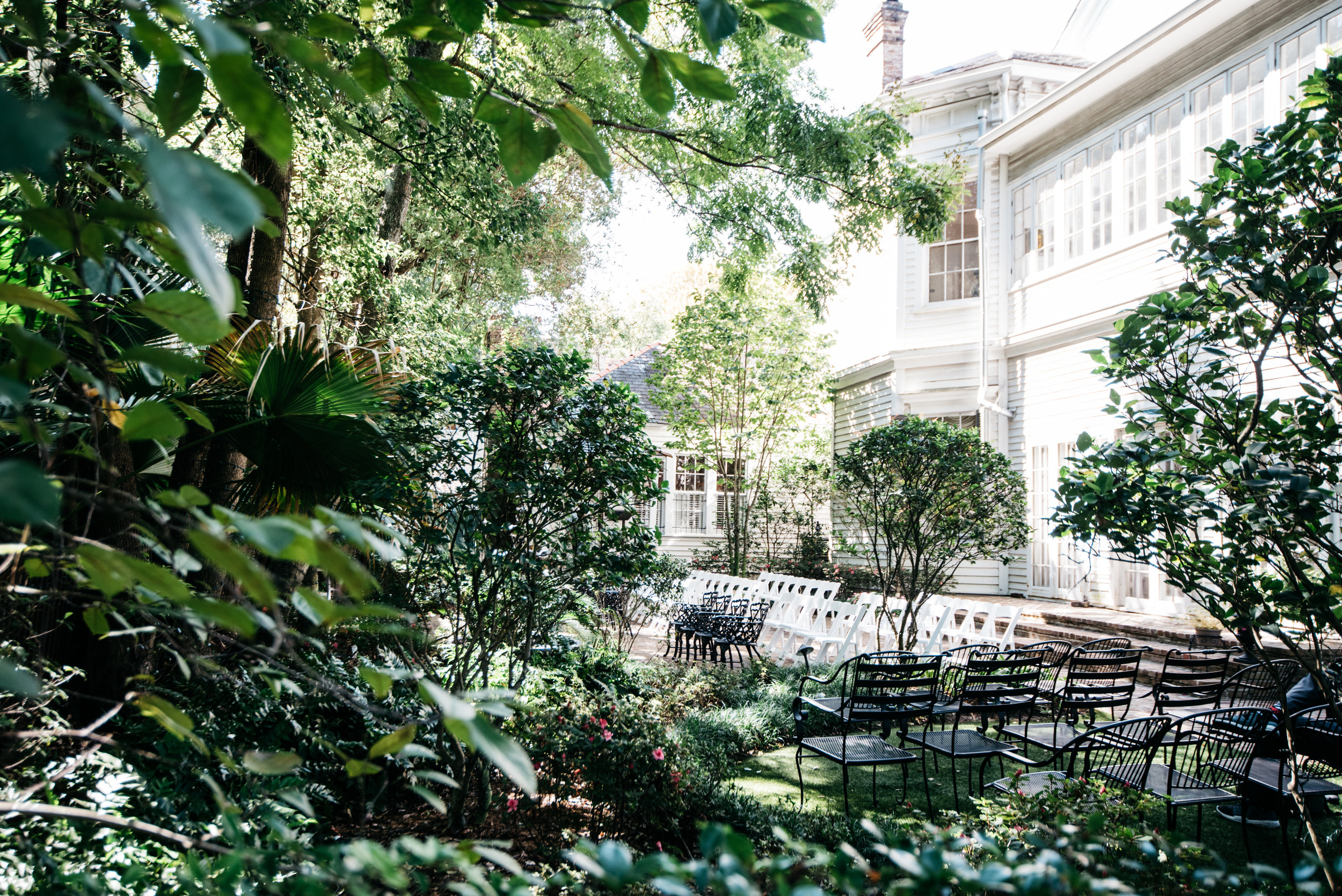New Orleans History is Black History
/August 29, 2018 marks thirteen years since Hurricane Katrina. Katrina divided New Orleans into a pre and post-world. It’s hard to comprehend for anyone who doesn’t understand the dramatics of that change or for someone who may not know what New Orleans was and is to the continuum of Black history and freedom in this country. For those of us who are aware, we’ve reached a constant state of semi-outrage of the things we believed we could not change. New Orleans history is Black history.
Black New Orleanians are trendsetters who have built and maintained this city economically, socially, and culturally. New Orleans is the home of America’s oldest Black neighborhood - Faubourg Treme. Our leaders in the Civil Rights Movement had the first successful transportation boycott - Star Car Boycott, 1867. We sued the Orleans Parish School Board in 1877, Bertonneau vs. OPSB. We started the first Black daily newspaper - La Tribune de la Nouvelle Orleans in 1864. The first anthology of Black poetry Les Cenelles, written in New Orleans in 1845. The second oldest Black nunnery was housed here - The Sisters of the Holy Family, and in the 1900s the Black community established its own public schools; Valena C. Jones Normal School and McDonogh #35 High school. We are unique to the American story, but now it feels as if we are merging into the hegemonic structures of this society. We are facing gentrification not just in our communities, but in our culture.
Cultural hegemony is the dominance of one social group over another. Hurricane Katrina made us vulnerable to that cultural dominance; it stripped us of our schools and our communities and left us in a state of anxiety. Our culture became a commodity, without us in it. It has left us screaming “Make Treme Black Again,” quoted by Local New Orleans and, “Everything you Love about New Orleans is because of Black People,” quoted by native artist, Phlegm These statements are reminders of our cultural displacement and that we have been left out of mainstream conversations about who we are. These sentiments are coupled with a growing trend to be the gatekeepers of our narrative, strengthen our communities, control our educational systems, and be present in the political sphere.
Today, Black people don’t need a seat at the table, we have decided to build our own table. Black New Orleanians are setting trends once again. We are awake; developing our own sacred spaces. Building a modern-day Congo Square; which was then and is now a meeting place, a market place, and a spiritual place. This culture has a history of resilience and resistance. It is us who dredged the swamp. New Orleans is the result of Black people and only with us will it remain. Our universe may have shifted, however; Keep In Mind that New Orleans would be nothing without Black people.
About the Author
Kim Coleman is the Curatorial Manager, Education Specialist, and historian In New Orleans. A native New Orleanian, she combines her love of history and art to develop authentic New Orleans historical and contemporary narratives in the boutique style tour experience. Her research focus’ on the development of race politics in Southeast Louisiana and the continued disenfranchisement of Black New Orleans in the 21st century. She has a Bachelor of Arts degree from Dillard University in History and Master of Arts degree from Southern University at New Orleans in Museum Studies.












